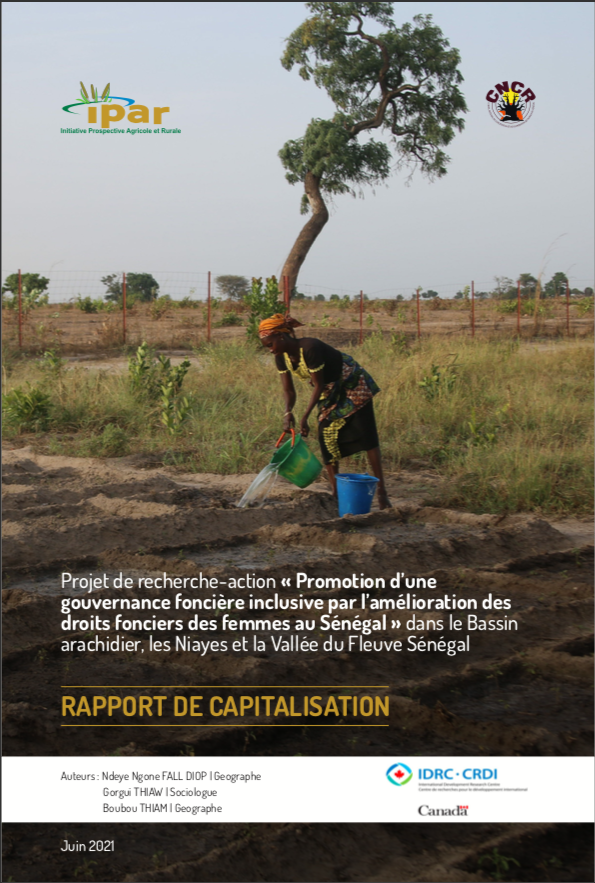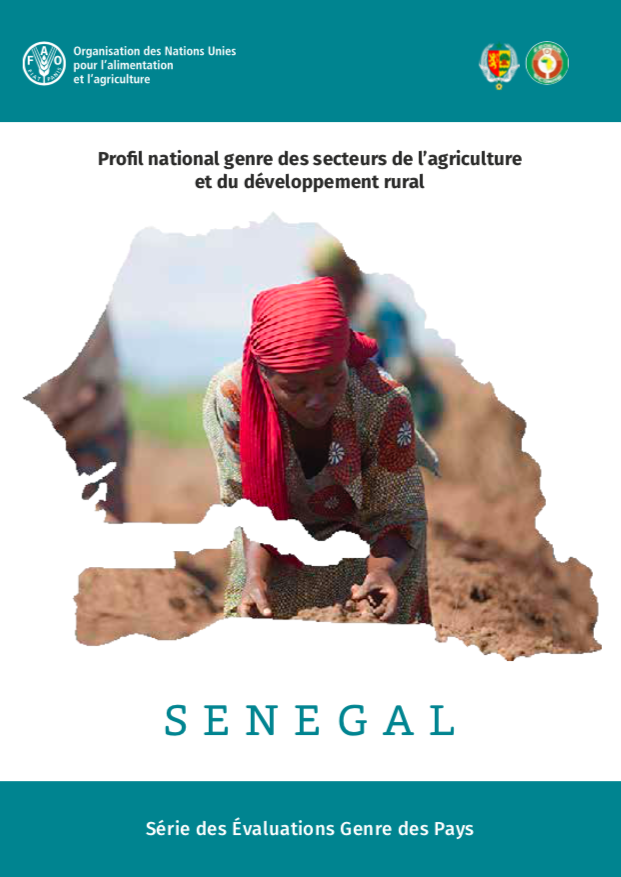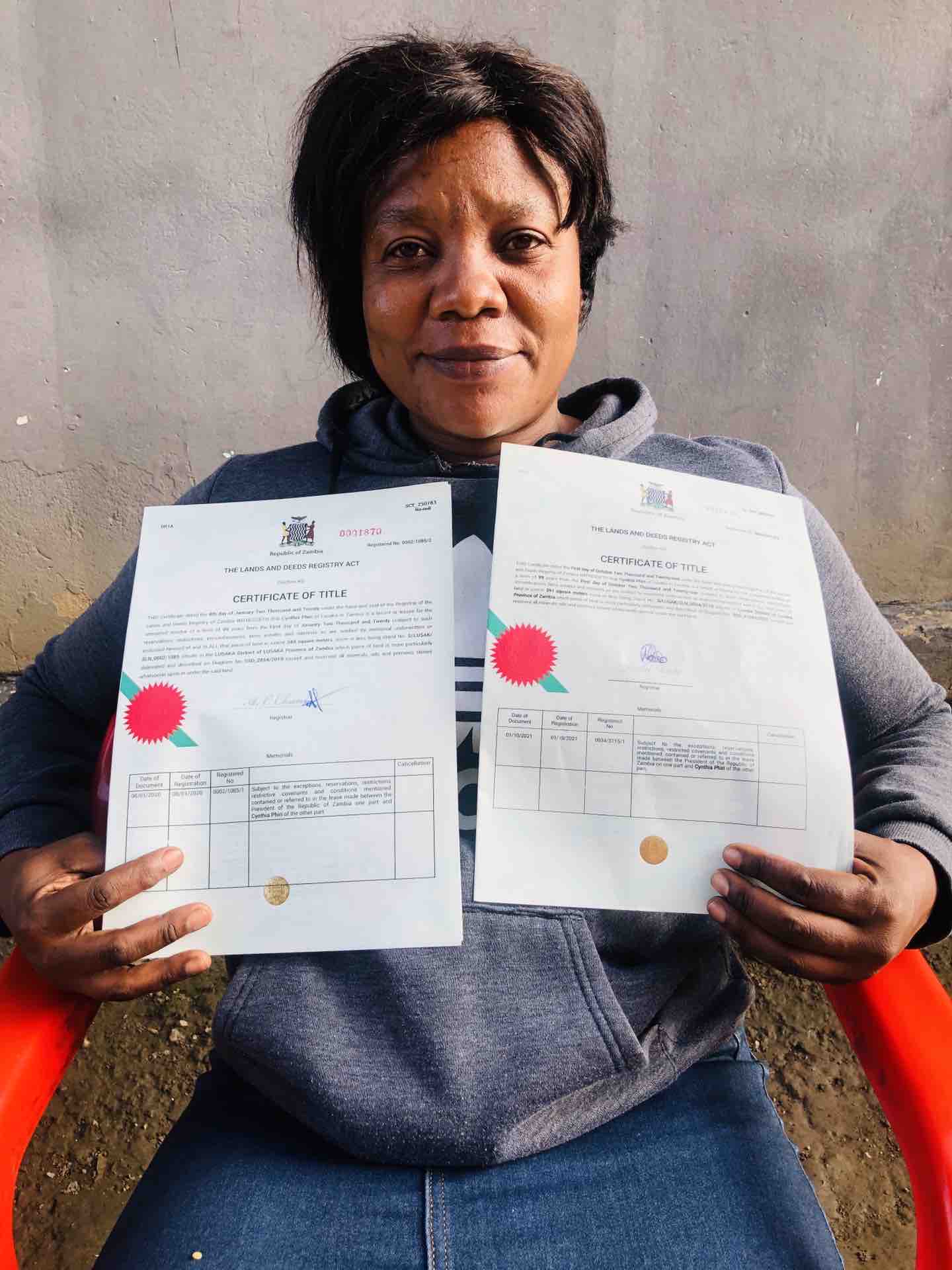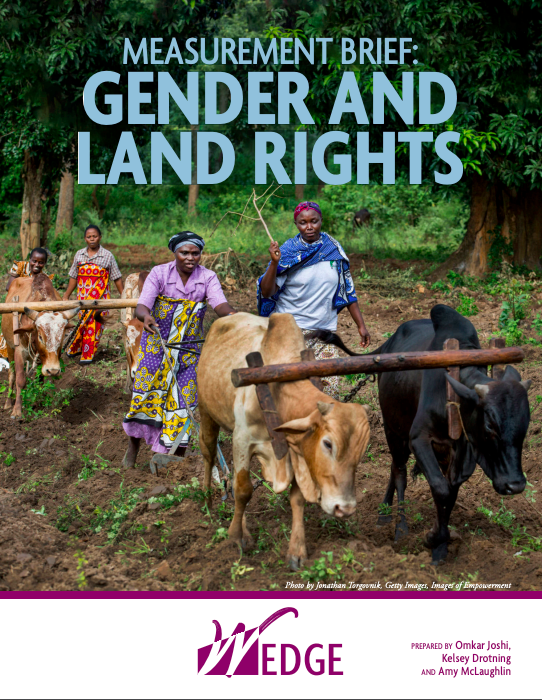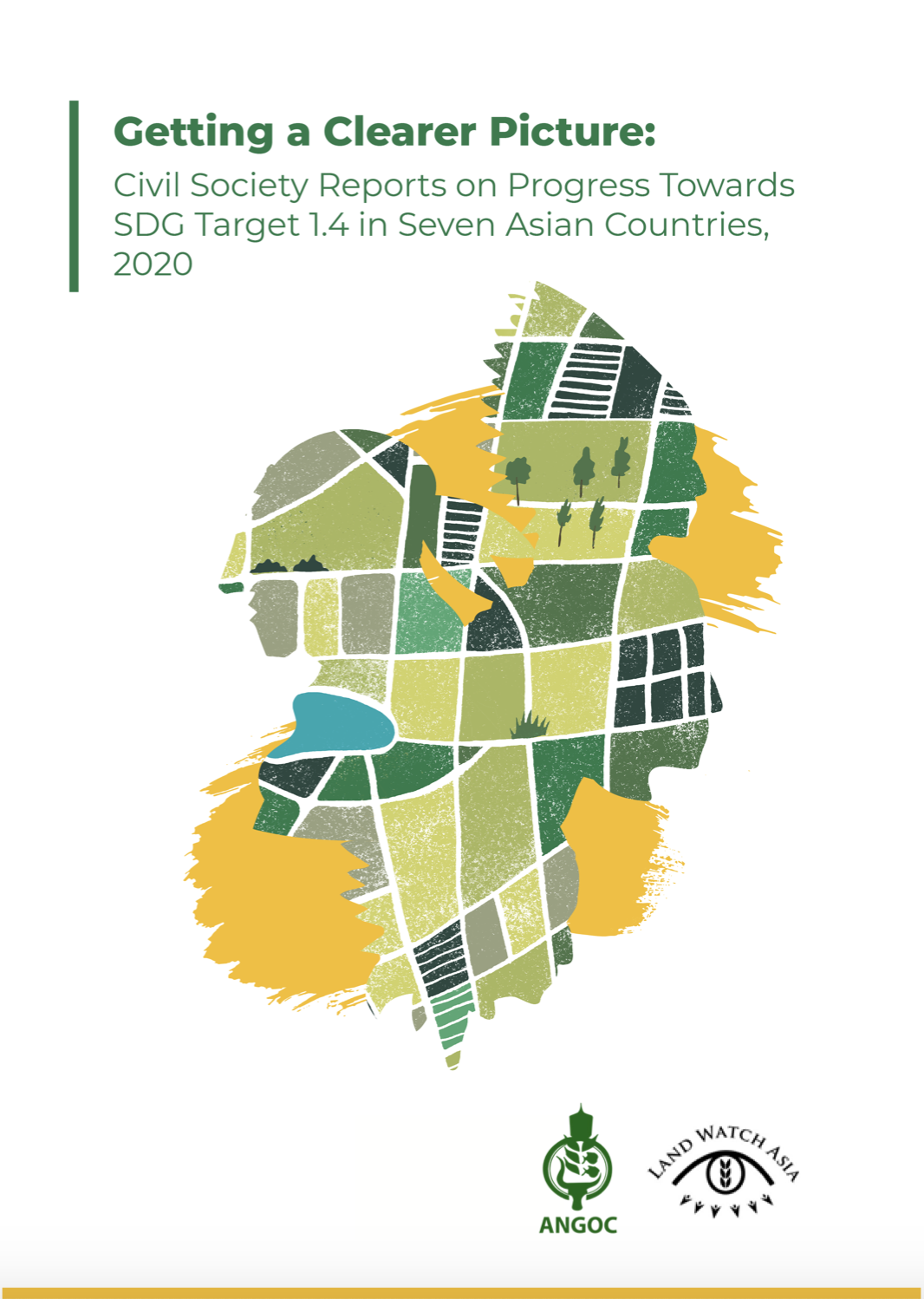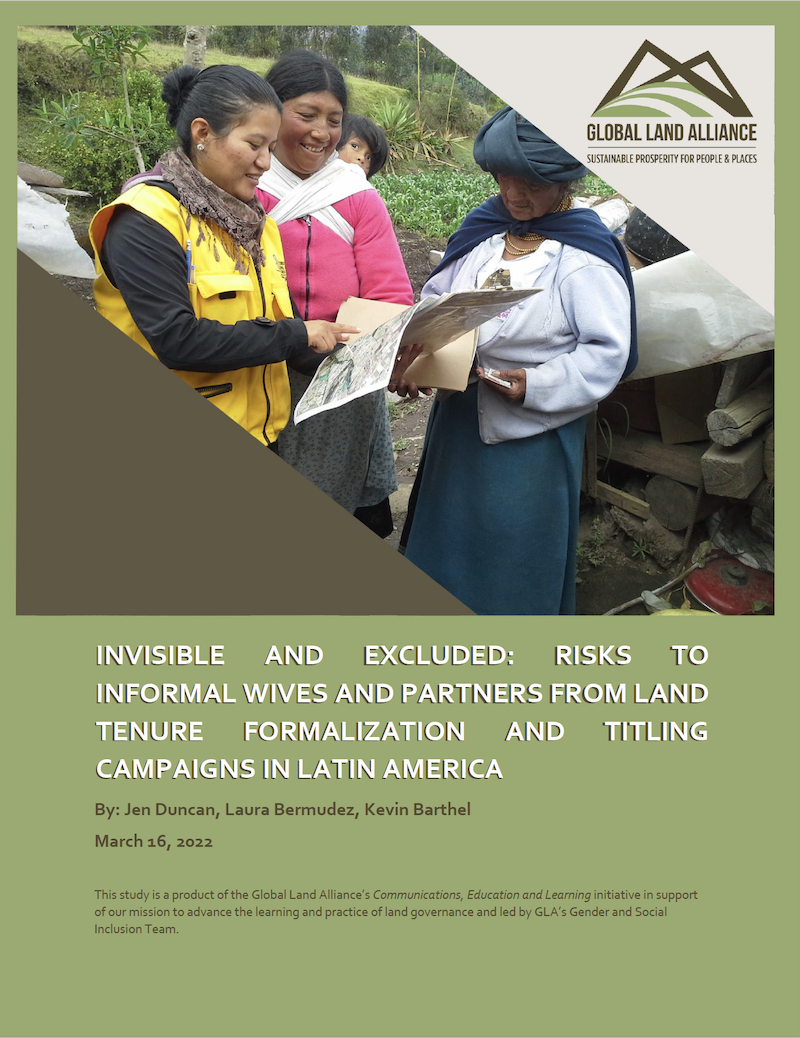Projet de recherche-action « Promotion d’une gouvernance foncière inclusive par l’amélioration des droits fonciers des femmes au Sénégal » dans le Bassin arachidier, les Niayes et la Vallée du Fleuve Sénégal
L’importance de l’accès à la terre aux femmes n’est plus à démontrer, eu égard aux impératifs liés à la réalisation des objectifs de développement durable. En dépit de leur rôle essentiel et de leur contribution à l’agriculture et à la sécurité alimentaire, elles sont victimes de discriminations en termes d’accès et de contrôle sur les terres, ainsi que de la distribution des revenus tirés de l’exploitation.

